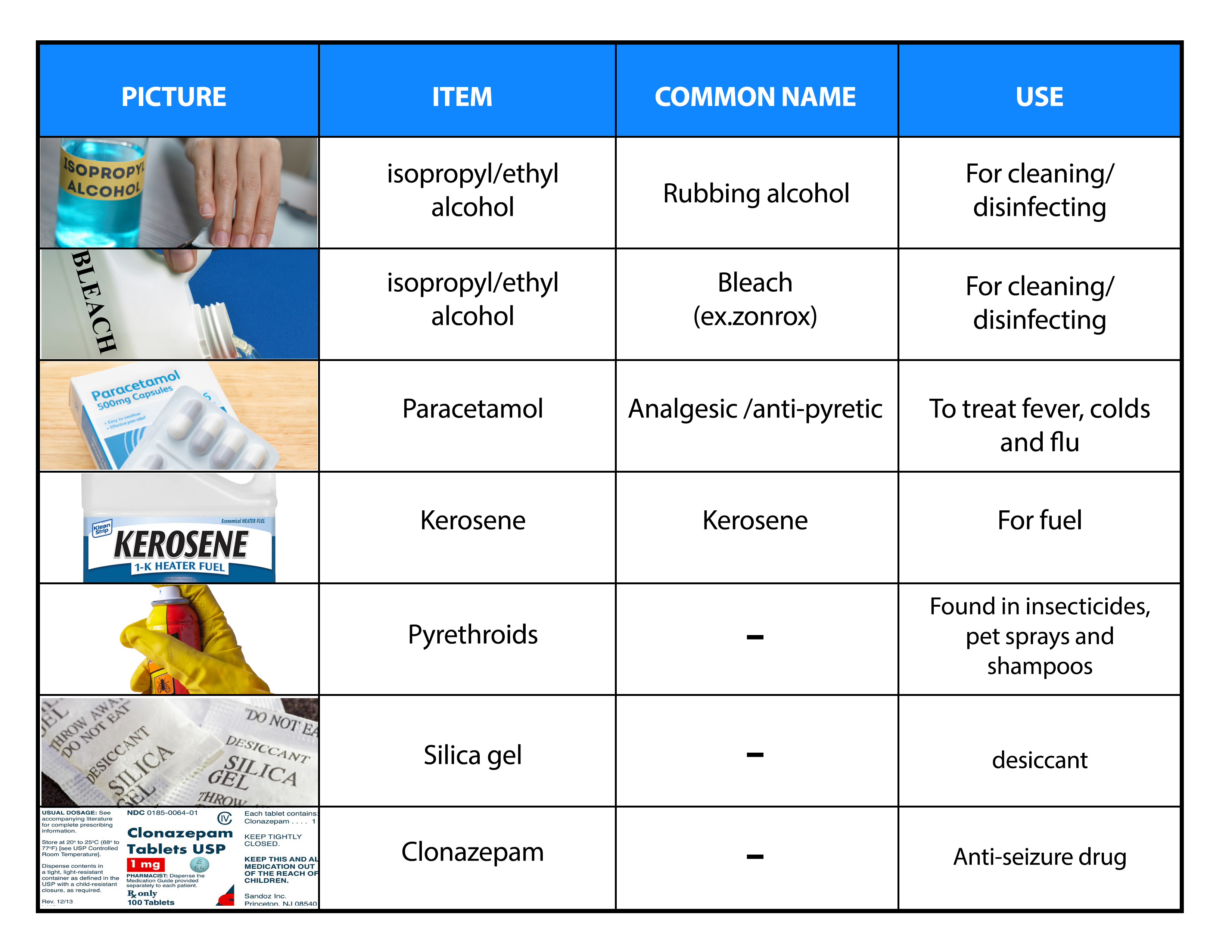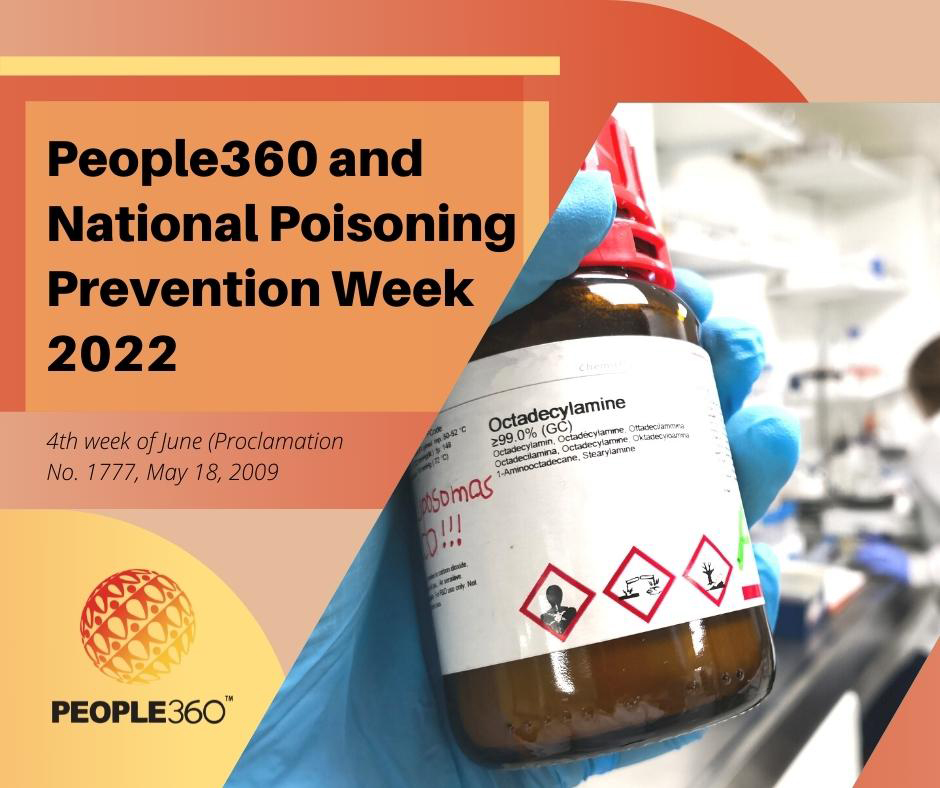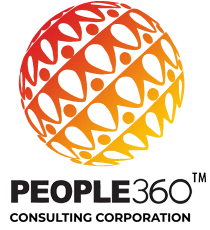A few years back, people were horrified to know of a number of school children dying of poisoning after eating cassava cake sold by a vendor. Upon investigation, it was found out that the grandmother who made the cakes mistakenly used rat poison instead of salt! The poison was stored near foodstuffs and she also had poor eyesight. Unfortunately, one of those who died was her own granddaughter.
It is incidents like these that worry the Philippine Society of Clinical and Occupational Toxicology(PSCOT) and EcoWaste Coalition. Although the number of such cases has not risen dramatically in the past few years, the mortality rate of 2% is still a concern for them. This is on top of health concerns for Covid-19 and other biologicals. Thus, they are calling for poison preparedness and prevention at home, at work, and in the community since last year. This is very relevant since the very 4th week of June is to be observed as National Poisoning Prevention Week, under proclamation No. 1777, signed in 2009.
The Danger to Children
According to Chemical Safety campaigner Thony Dizon of EcoWaste Coalition, children are the most vulnerable to poisoning since their body defense systems are still not fully developed and they also tend to be more explorative of their surroundings. You will be surprised to find out that the innocuous zonrox or any bleaching material, can be a great danger to children. And to think they are our weapons against COVID-19!
The following, according to the National Poison Management and Control Center (NPMCC) are
among the top agents in 2020 for pediatric poisoning cases:

Other incidents from recent years include food poisoning from poorly prepared meals and
microbiological causes of foodborne disease outbreaks. (Philippine Journal of Science, Food Safety News 2015)
Prevention Tips
Below are a few prevention tips cited to protect workers and their families from falling ill or worse, death from such incidents: (Source: Consumer Product Safety Commission)
At Home:
- Store cleaning products in their original labeled containers, and keep them separate from food and beverages.
- When working with products that contain hazardous ingredients, never let them out of your sight if children are in the house.
- Follow instructions for use on labels and use recommended protective equipment (e.g., gloves).
- Ensure that there is adequate ventilation; fresh air is able to enter the room. This will help lessen the concentration of potential poison in the air.
- Store medicines in their original containers with original labels and be sure to close tamperproof tops carefully after use.
- If your vitamin or mineral supplements contain iron, they should be stored in child-resistant packaging. (Why? A few iron pills can kill a child.)
- Keep prescription drugs out of children’s reach.
- If you are taking medication at night, turn on the light to make sure you reach for the right bottle.
- Wear protective clothing when spraying pesticides or other chemicals.
Kitchen, Garage, and Workshop:
- Store all harmful products (e.g., charcoal lighter fluid, paint thinner, antifreeze) in their original containers and make sure they have child-resistant caps.
- Store them high and out of reach of children or keep them in locked cabinets.
- Make sure that no poisons are stored in drinking glasses or soda bottles
- Wash hands thoroughly before handling food.
At Work:
Studies have uncovered examples of family members becoming ill when workers unknowingly brought hazardous substances home from work on their clothes, bodies, tools, and so forth. Hazardous materials can be transported home in several ways:
- Dusts and particles on clothes can get into the air in the home as well as clinging to other surfaces.
- If workers wash contaminated work clothes with other laundry, those items could become contaminated, too.
- Hand tools, scraps, packaging, and other equipment that have had contact with hazardous substances can contaminate whatever they touch (e.g., furniture, flooring, a car, or truck).
- Work-related materials such as bags, rags, or scrap lumber can also be contaminated and spread contamination.
If workers have not carefully decontaminated and removed hazardous substances from hands, hair, or other body parts, they could spread the contamination to whatever and whomever they touch.
Safety officers can attest to Benjamin Franklin's famous quote, "An ounce of prevention is worth a pound of cure".
Together with People360's mission “Safety is for Every Juan” – providing safety for everyone through its OSH services and providing awareness to the people, we can eliminate mortality rates from the workplace and environmental hazards.
Basta Safety, People360!
Source:
http://iml.org/file.cfm?key=6438
https://www.officialgazette.gov.ph/2009/05/18/proclamation-no-1777-s-2009/
https://www.makatimed.net.ph/blogs/27-safety-tips-for-poison-prevention/


